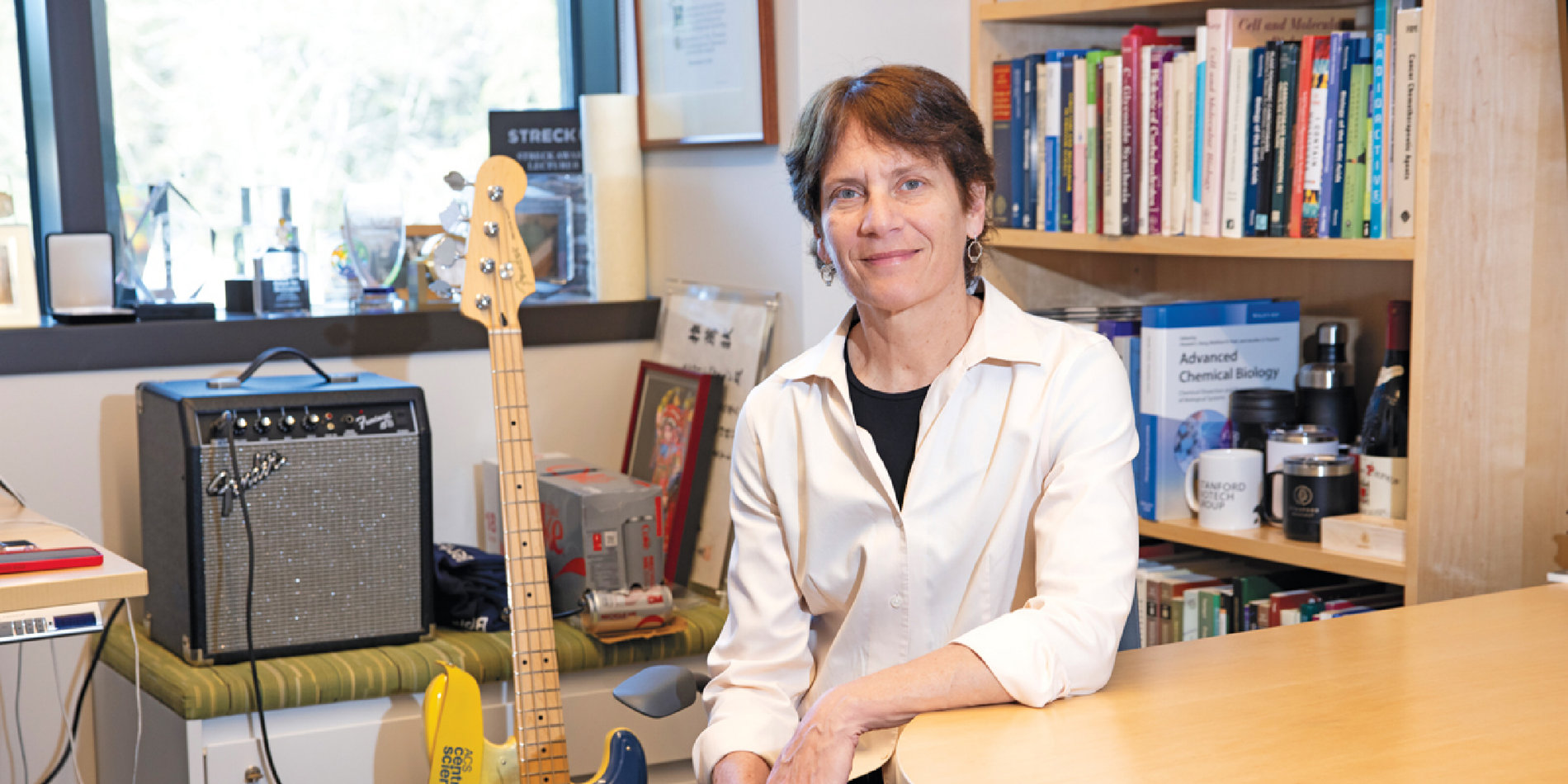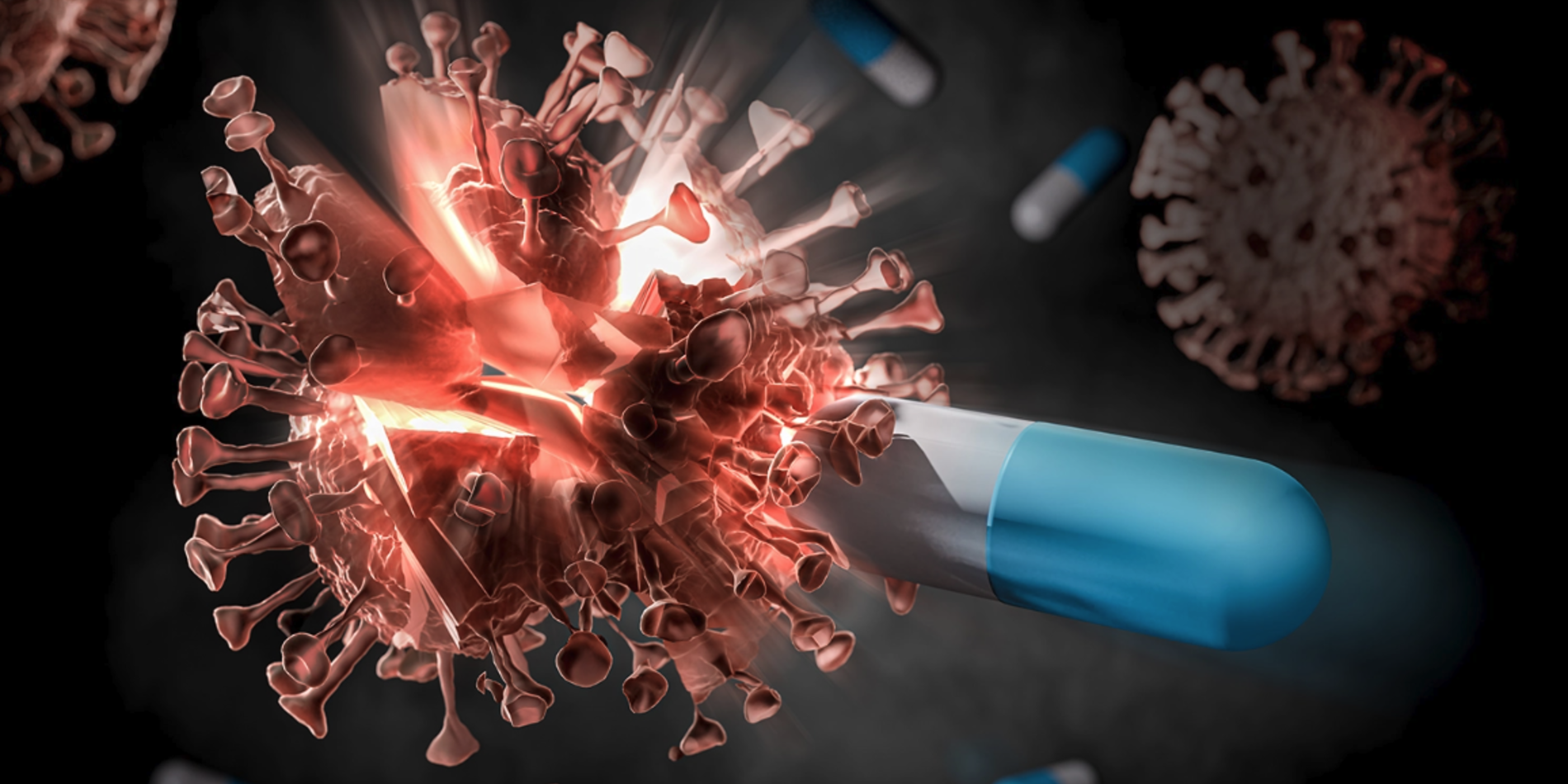ChEM-H TA John Peters helps students grow as scientists
John Peters is a sixth year PhD student in the Neurosciences Program at Stanford and studies the molecular mechanism of long-term potentiation at synapses in Professor Axel Brunger's lab. He joined ChEM-H in January 2019 as a Teaching Assistant (TA) for the institute’s Undergraduate Scholars Program. The program aims to provide interdisciplinary research experience to students in the physical science, engineering, or life science fields. As a TA, John facilitates weekly seminars for students in topics related to primary literature review, scientific writing, and science communication. Here he talks about the program and how it helps shape students’ career paths.

Stanford ChEM-H is an excellent community with a shared sense of scientific purpose and growth mindset. The Undergraduate Scholars Program reflects the institute’s mission by fostering the next generation of scientists working in the research space of human health. It provides a unique opportunity for undergraduates as they begin careers as scientists. An undergrad quarter at Stanford is often like a sprint but developing as a scientist is a marathon. At Stanford ChEM-H, we get to help them through this transition.
I started my position in the Undergraduate Scholars Program in January. As the TA for the program, I work with a small cohort of seven sophomores who are for the most part getting into scientific research for the first time. It’s a fun demographic to work with as the students bring a lot of different energies, enthusiasm, curiosity, and nervousness.
To succeed in science, you need a wide range of skills beyond typical bench work. For instance, it is important to be able to dive into scientific literature, to communicate your work with a broad audience, and to be aware of the social context in which your science is done. Despite the importance of these skills, many of them are never explicitly taught in labs. As a TA, I have had the opportunity to mold workshops and class discussions to proactively help students attain those skills. It's been fun seeing the students grow from day one. Several of them went from not having any experience to now being independent researchers.
When you think of a TA role, you usually think of it as being didactic. In that sense, my role is quite non-traditional. The one-on-one mentoring helped me develop relationships with the students as opposed to just seeing their names on a spreadsheet. I celebrate their accomplishments, push them with constructive criticism, and troubleshoot their problems. My experience with the program has been strongly correlated with how excellent the students are. Their enthusiasm, their willingness to fail and communicate their failures, and their ability to persevere and overcome those failures has been inspiring.
In helping students grow as researchers, think critically, understand the role of mentorship, and communicate science to a lay audience, we hope to lead them down the path of becoming not just cutting-edge researchers but also responsible citizen-scientists. Ultimately, this program is preparing these students for graduate school and more. Science isn’t done in a vacuum. It’s done in collaboration with lots of people and with the help of funding, often times in the form of taxpayers’ money. We have a responsibility to share what we learn and develop with the public.



